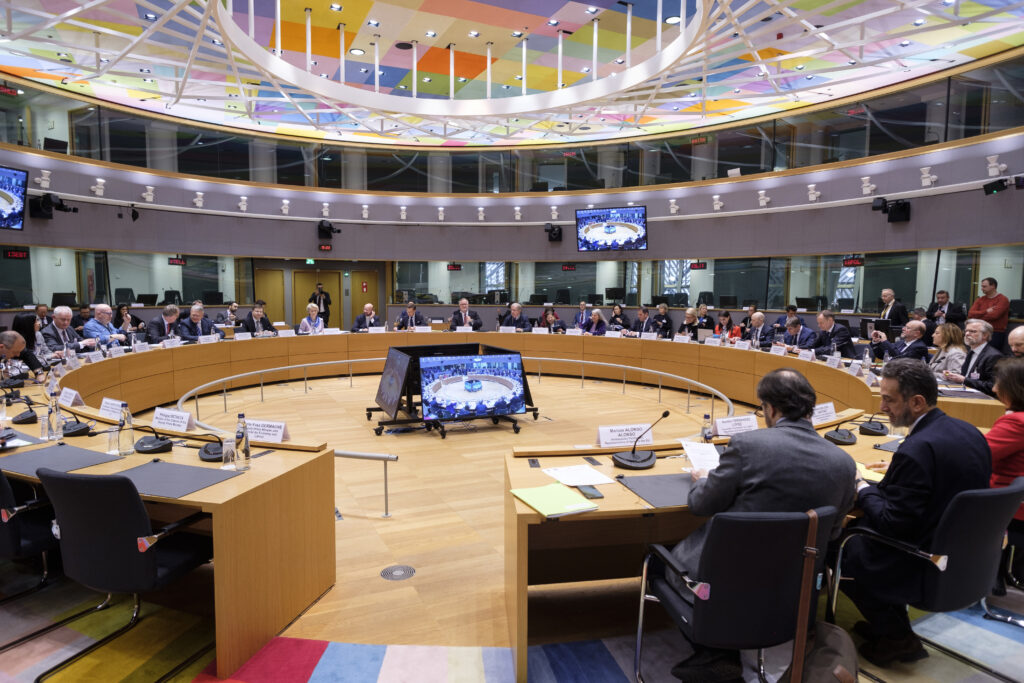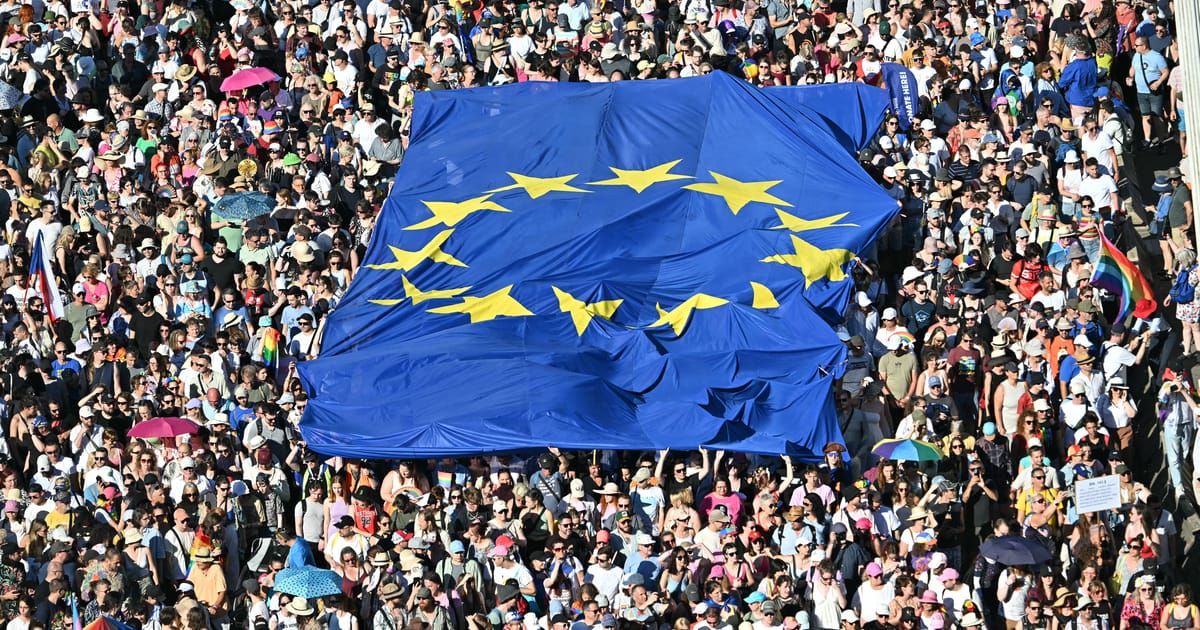First, they must institutionalize the fifth freedom — the free circulation of knowledge and innovation — by removing regulatory barriers to research collaboration, data exchange, university partnerships and mobility for knowledge workers.
Next, they need to adopt EU-wide rules where national governments block progress. Activating the 28th-regime concept will allow willing member countries and their citizens to benefit, even if one or two vetoers refuse to move.
Then, break energy silos by fast-tracking cross-border interconnectors, harmonizing grid and wholesale market rules, and prioritizing joint procurement to prevent costly duplication. Also, unify telecoms by eliminating burdensome national licensing, promoting Pan-European operators, and creating a regulatory environment that rewards competition and coverage.
 Europe’s leaders thus need to set a clear, nonnegotiable deadline to complete the single market in energy, telecoms, capital and knowledge by 2028. | Thierry Monasse/Getty Images
Europe’s leaders thus need to set a clear, nonnegotiable deadline to complete the single market in energy, telecoms, capital and knowledge by 2028. | Thierry Monasse/Getty Images
Finally, complete the capital markets union through the Savings and Investments Union, linking finance to the real economy and fostering investments in the common goods that Europe needs, such as innovation and digital, security, and the fight against climate change.
Completing the single market must also go hand in hand with security and resilience. If Europe is to spend billions on defense, those investments must translate to more than trophies for national procurement agencies. We need a single market for defense, with interoperable equipment, joint procurement, shared standards and industrial cooperation. Defense purchases need to build common capabilities — not 27 bespoke systems that can’t communicate with each other.
Societal resilience matters too. Authoritarian and malign actors weaponize disinformation, exploit social divisions and erode trust in institutions. Fighting disinformation is as much about strengthening communities as it is about policing platforms, and Europe must invest in civic resilience.
